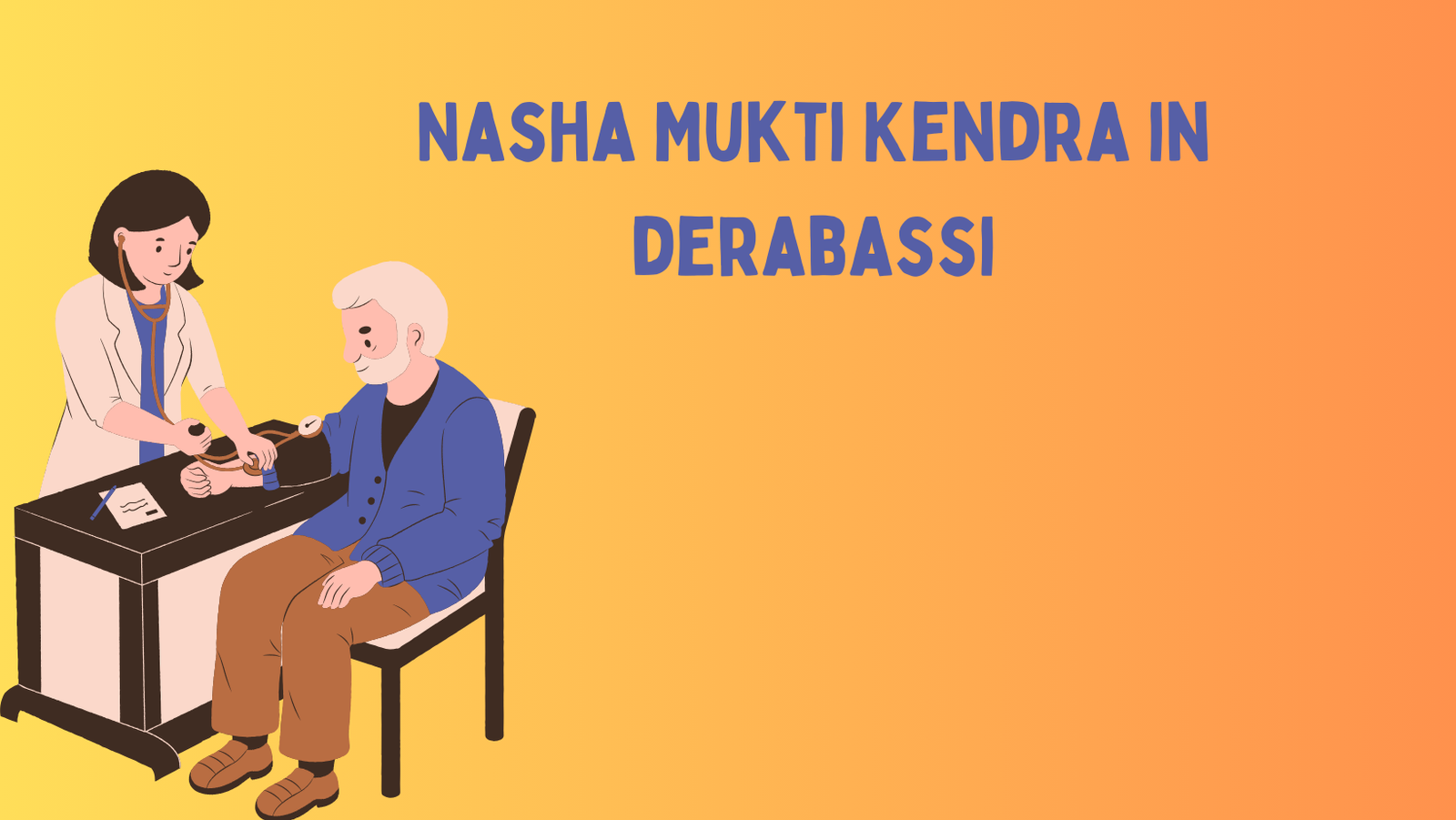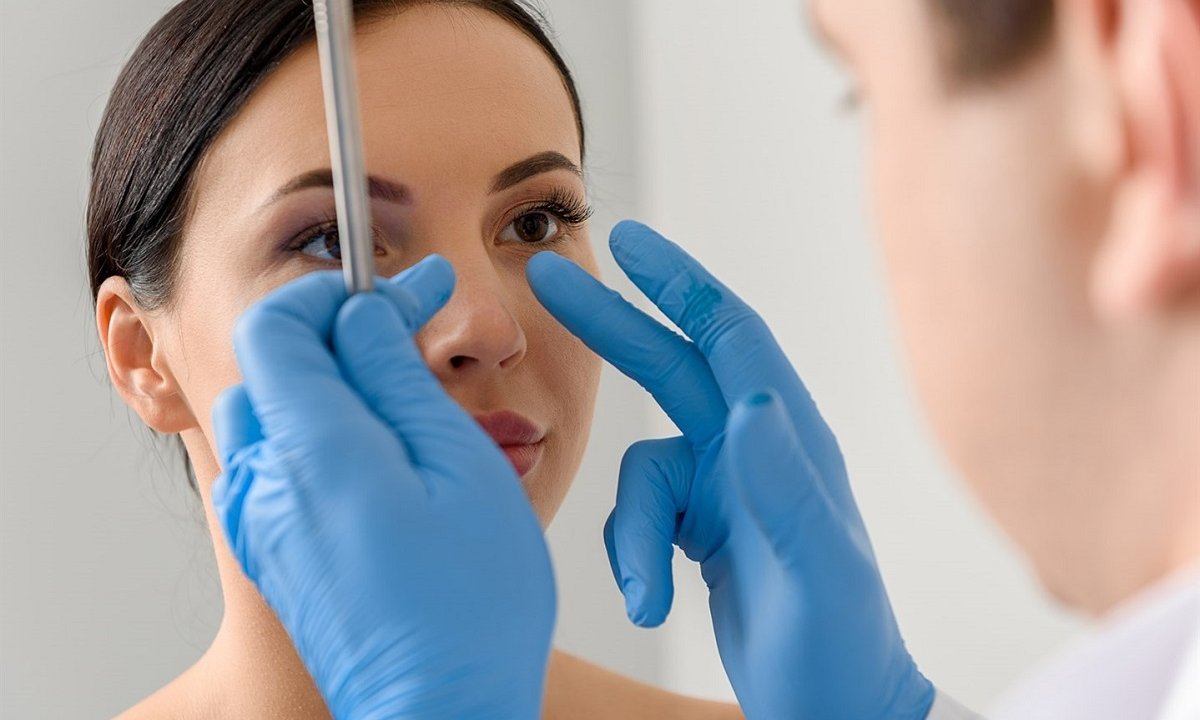Drug addiction is a complex condition that affects millions of people worldwide. It is characterized by the compulsive use of substances despite harmful consequences, and it can severely impact an individual’s health, relationships, and quality of life. Fortunately, there are several effective treatments available for those struggling with addiction. These treatments can vary depending on the substance involved, the individual’s unique circumstances, and the severity of the addiction. In this blog post, we will explore the most effective treatments for drug addiction, offering insights into how each approach works and how it can lead to long-term recovery.
1. Detoxification
Detoxification, commonly referred to as detox, is often the first step in treating drug addiction. It involves the process of removing the addictive substances from the body while managing the withdrawal symptoms that arise when drug use is stopped. Detox is typically done in a medical setting, where healthcare professionals can monitor the individual and provide medications to alleviate discomfort or dangerous symptoms.
Why it’s effective: Detox provides a safe and supportive environment for individuals to begin their recovery journey. It addresses the physical dependency on drugs and prepares the individual for further treatment by stabilizing their body and mind. However, detox alone is not a cure for addiction; it must be followed by other treatments to address the psychological aspects of addiction.
2. Behavioral Therapy
Behavioral therapy is one of the most widely used treatments for drug addiction and has been proven to be highly effective in helping individuals change their attitudes and behaviors related to drug use. There are several types of behavioral therapies used in addiction treatment, including:
- Cognitive-Behavioral Therapy (CBT): This therapy helps individuals identify and change negative thought patterns and behaviors that contribute to their addiction. It teaches coping strategies and problem-solving skills to deal with cravings, stress, and triggers that may lead to relapse.
- Contingency Management (CM): This approach provides rewards or incentives for staying sober, such as vouchers or privileges, which can motivate individuals to maintain their recovery.
- Motivational Interviewing (MI): This therapy encourages individuals to explore their motivations for change and strengthens their commitment to recovery.
Why it’s effective: Behavioral therapies address the psychological factors that fuel addiction. By helping individuals recognize harmful patterns and develop healthier coping mechanisms, these therapies can significantly reduce the risk of relapse.
3. Medication-Assisted Treatment (MAT)
For individuals struggling with opioid or alcohol addiction, Medication-Assisted Treatment (MAT) is often a key component of effective treatment. MAT combines behavioral therapies with medications that help reduce cravings and withdrawal symptoms. Common medications used in MAT include:
- Methadone: Used for opioid addiction, methadone reduces cravings and withdrawal symptoms without producing the high associated with drug use.
- Buprenorphine: Another opioid addiction treatment, buprenorphine works by partially stimulating the brain’s opioid receptors, helping to reduce cravings and withdrawal symptoms.
- Naltrexone: This medication blocks the effects of opioids or alcohol, making it less likely that the individual will feel the pleasurable effects of the drug.
Why it’s effective: MAT helps individuals manage the physical symptoms of addiction, making it easier for them to focus on the psychological aspects of their recovery. Studies have shown that MAT can reduce the risk of relapse and improve long-term recovery outcomes, especially when combined with counseling and therapy.
4. Inpatient Rehabilitation Programs
Inpatient rehabilitation programs, also known as residential treatment, offer a highly structured and supportive environment for individuals battling drug addiction. During inpatient rehab, individuals live at the treatment facility for a set period (usually 30, 60, or 90 days) and receive round-the-clock care from medical professionals and addiction specialists.
Inpatient programs typically include a combination of therapies, including individual counseling, group therapy, family therapy, and recreational activities. The controlled environment helps individuals focus on their recovery without the distractions or triggers that may exist in their everyday lives.
Why it’s effective: Inpatient rehab provides individuals with the opportunity to fully immerse themselves in their recovery. The intensive nature of the program allows them to develop a strong foundation for long-term sobriety, and the support of a community of peers can be incredibly motivating.
5. Outpatient Treatment Programs
Outpatient treatment programs allow individuals to receive treatment while continuing to live at home and attend to their daily responsibilities, such as work or school. Outpatient programs vary in intensity, with some requiring daily attendance at the treatment center, while others may only require a few sessions per week.
Outpatient treatment typically includes therapy (both individual and group), education on addiction and recovery, and support groups like Alcoholics Anonymous (AA) or Narcotics Anonymous (NA). Some outpatient programs also offer medication management for those on MAT.
Why it’s effective: Outpatient programs offer flexibility, making them a good option for individuals who have work or family obligations that prevent them from attending an inpatient program. They also allow individuals to practice their recovery skills in real-world settings, providing a more gradual transition back into everyday life.
6. Support Groups
Support groups, such as Alcoholics Anonymous (AA) and Narcotics Anonymous (NA), play an important role in the long-term recovery process. These groups provide a safe and supportive environment for individuals to share their experiences, receive encouragement, and hold each other accountable for staying sober.
Support groups are typically peer-led and follow a 12-step program that focuses on personal growth, self-reflection, and building a sober lifestyle. Many individuals find comfort in the sense of community that support groups offer, knowing that they are not alone in their struggles.
Why it’s effective: The ongoing support provided by these groups helps individuals stay committed to their recovery. The sense of belonging and accountability that comes from regularly attending meetings can help reduce the risk of relapse.
7. Holistic Therapies
Holistic therapies, such as yoga, meditation, acupuncture, and art therapy, are increasingly being used as part of comprehensive addiction treatment programs. These therapies focus on healing the mind, body, and spirit, helping individuals develop a greater sense of self-awareness and emotional balance.
While holistic therapies are typically used alongside more traditional treatments, they can be particularly helpful for managing stress, reducing anxiety, and improving overall well-being during recovery.
Why it’s effective: Holistic therapies provide individuals with healthy outlets for managing emotions and coping with stress. These practices can enhance the effectiveness of other treatments by promoting mental clarity and emotional resilience.
Conclusion
Drug addiction is a complex disease that requires a multi-faceted approach to treatment. The most effective treatments for addiction combine detoxification, behavioral therapy, medication, and ongoing support. No single treatment is right for everyone, so it’s important to seek a comprehensive program tailored to the individual’s unique needs.
Whether an individual chooses inpatient rehab, outpatient treatment, or a combination of therapies, the key to long-term recovery is finding the right support system and committing to the process. If you or a loved one is struggling with drug addiction, seeking help from a professional treatment center is the first step toward reclaiming your life.
Nasha Mukti Kendra in Derabassi offers a range of effective treatments for drug addiction, providing individuals with the tools and support they need to achieve lasting recovery.



